News

Dec 07, 2023
New USDA grant to support graduate reproductive microbiome training program
The USDA NIFA has awarded Penn State a five-year, $238,500 grant to establish a graduate training pipeline in reproductive microbiome research.
Full Article
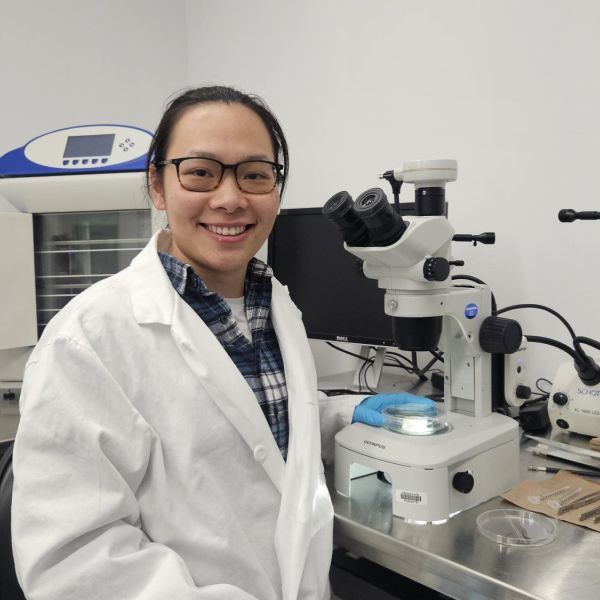
Oct 24, 2023
Gene integral to initiating, sustaining sperm cell development identified
With male infertility a mounting global concern impacting approximately 12% of men, a Penn State research team has discovered a gene that plays a key role in initiating and sustaining spermatogenesis. The finding may open a door for future therapies to boost sperm counts.
Full Article
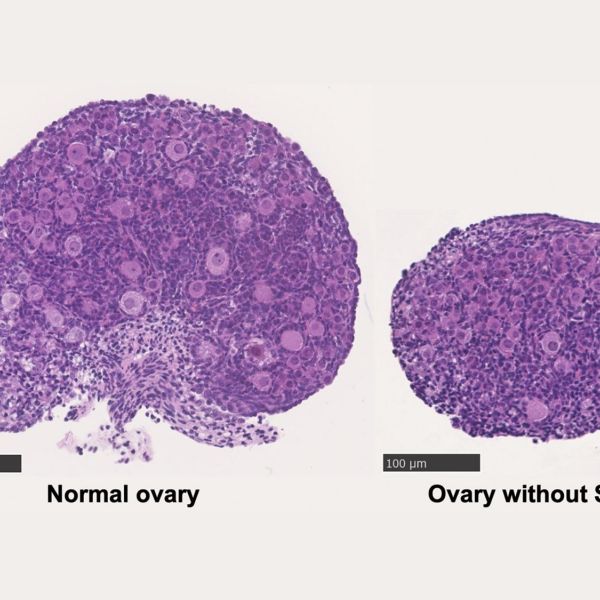
Aug 15, 2023
Newly identified protein function may reveal understanding of lifetime fertility
A protein in mouse ovaries regulates the formation of the ovarian follicle reserve, which comprises a mammal’s lifetime supply of egg cells and surrounding support cells, according to new study conducted by a U.S.-Canadian team.
Full Article
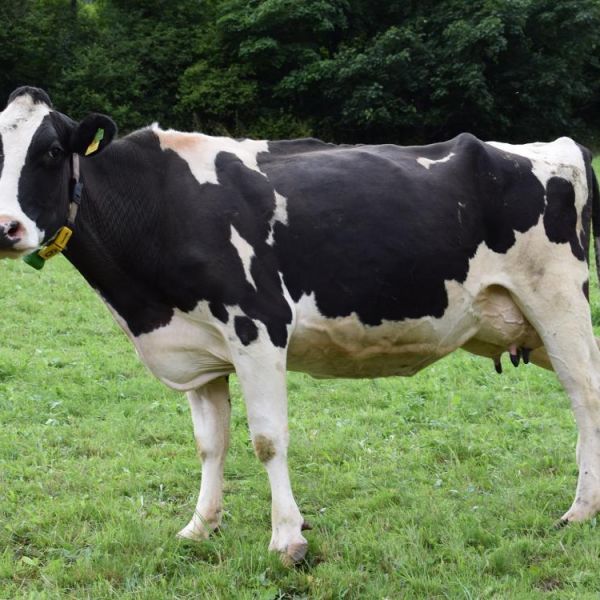
Jul 11, 2023
Animal scientist receives USDA grant to study reproductive dysfunction in cattle
A Penn State animal scientist has received a $650,000 grant from the U.S. Department of Agriculture to lead a team conducting research on reproductive dysfunction in cattle.
Full Article
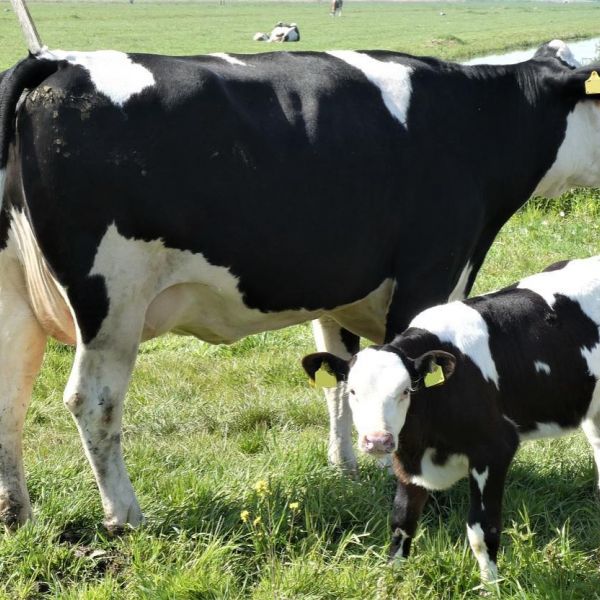
Jun 15, 2023
Penn State dairy cattle geneticist finds mutant gene threatening Holstein calves
In the fall of 2020, when Chad Dechow got a call from veterinarians in New York describing a strange condition affecting Holstein calves on two farms under their care, he was unfamiliar with the condition that came to be known as calf recumbency.
Full Article

Jan 04, 2023
Chronic inflammation may lead to low milk production in breastfeeding moms
Eighty percent of mothers breastfeed their newborns, but only 25% breastfeed exclusively for the six months recommended by United States Dietary Guidelines, according to the Centers for Disease Control and Prevention.
Full Article

Apr 13, 2021
Physiology Graduate Student Wins Top Prize at Graduate Exhibition
Huck Graduate Student Advisory Committee President Isabel da Silva was given top honors in the Health & Life Sciences category of the 2021 Graduate School Exhibition
Full Article
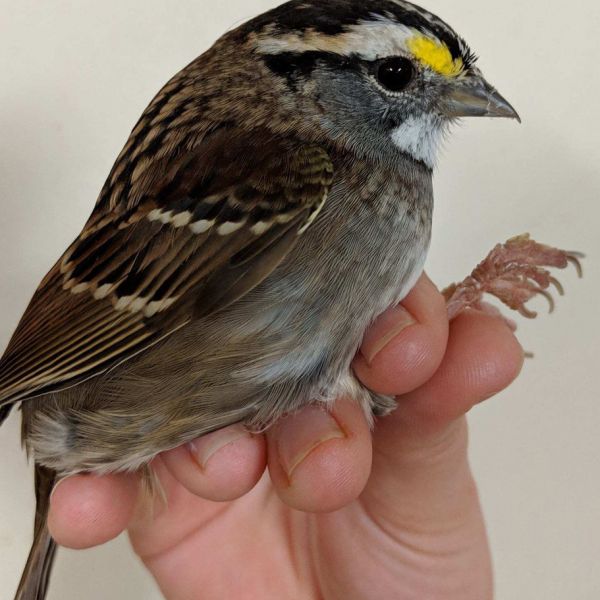
Apr 25, 2019
Songbird-body changes that allow migration may have human health implications
Songbirds that pack on as much as 50 percent of their body weight before migrating and that sleep very little, exhibit altered immune system and tissue-repair function during the journey, which may hold implications for human health, according to Penn State researchers.
Full Article

Feb 15, 2019
Troy Ott to discuss "the improbable series of events that led to your birth"
At this month’s "Science on Tap" event, Huck Associate Director and professor of reproductive biology Troy Ott will discuss viviparity — the development of an embryo inside the body leading to the birth of a live offspring. Viviparity is thought to have evolved from egg-laying animals. Ott's talk will focus on one of the enigmas of live birth that relates to the mother’s immune system.
Full Article
May 28, 2014
Zinc deficiency before conception disrupts fetal development
Female mice deprived of dietary zinc for a relatively short time before conception experienced fertility and pregnancy problems and had smaller, less-developed fetuses than mice that ingested zinc during the same times, according to Penn State researchers including Francisco Diaz and Thomas Neuberger.
Full Article